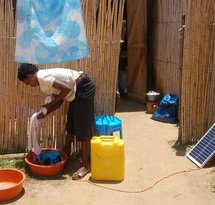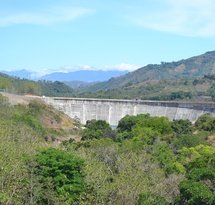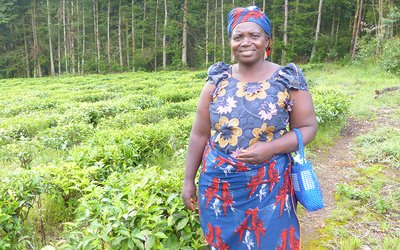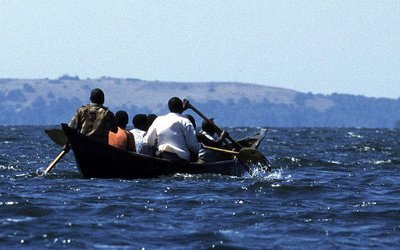
Despite the existence of many hydropower dams, foreign investments and large government spending on energy, and new plans for hydropower, oil and gas projects, the vast majority of rural Uganda still remains without electricity. Together with our local partners we are striving towards a sustainable energy strategy for Uganda that starts from the needs and wishes of local communities.

Large-scale infrastructural projects have detrimental effects on local people and the environment, while their benefits are felt elsewhere. Both ENDS is working to ensure that local people have a greater say in decision-making and is investigating the way these projects are funded.

Small grants funds offer an effective, alternative way to channel big money from large donors and funds to local groups and organisations that are striving for a sustainable and just society everywhere around the world.

The African Development Bank (AfDB), which was founded in 1964 to stimulate economic development in Africa, has had a complaints mechanism since 2006. Individuals who have somehow been affected by projects financed by the AfDB can make an appeal to this mechanism. Yet, according to a large number of African and international organisations, this system has its weaknesses and there is much to improve. How exactly? Well, the organisations have recently presented their recommendations to the AfDB. Anouk Franck of Both ENDS coordinated this process.